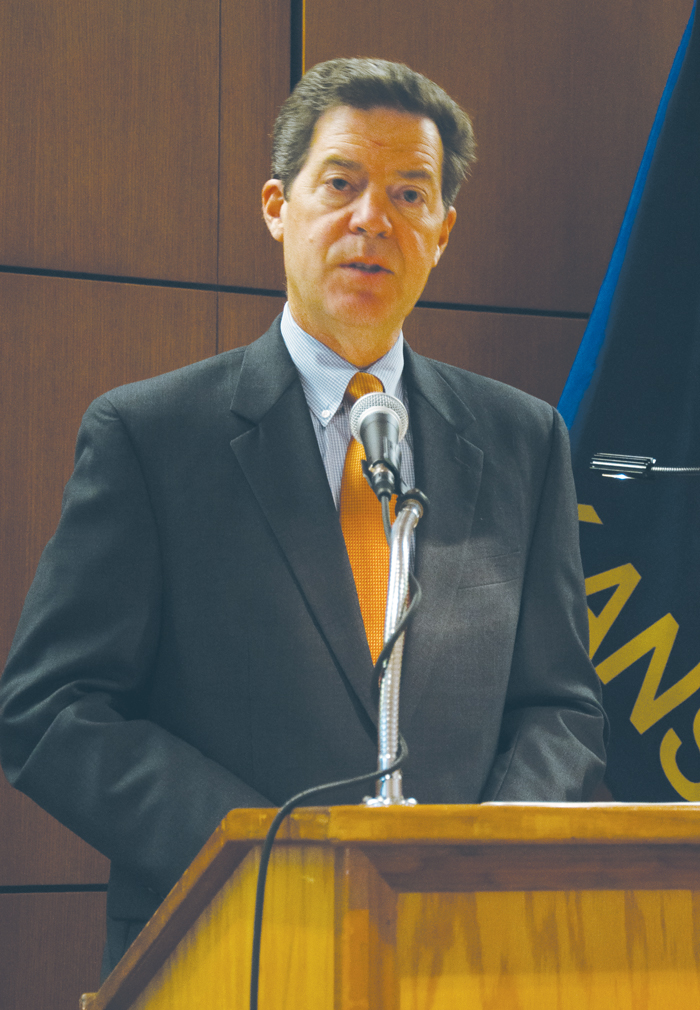

By Tabi Secor
The Kansas legislature has passed a new bill that will allow high school students in the state to attend college courses with their tuition waived.
Kan. Senate Bill 155, passed and signed into law July 12 of this year, aims to provide tuition-free courses in technical programs offered at community colleges and technical schools.
“With the way the state has set up a structure for our state funding for courses, all of our courses are looked at by the state and given a rating of being a tiered course, a tiered technical course, or a non-tiered course,” said Clarissa Craig, dean, Health Care Professions and Wellness.
Craig said some of the tiered courses are the focus of SB 155, and are the ones high school students will benefit from. These tiered courses include everything from Basics of Income Taxes to Criminology, from animation classes to health care classes.
“It is designed to help students build marketable skills while they’re still in high school, and students actually get career educational credit as high school students if they come out to the college,” said Shelia Mauppin, dean, Career and Technical Education Transition.
Despite the courses being offered free of tuition for area high school students, Craig said the college may not see jumps in enrollment numbers.
“We’re not anticipating a huge influx of enrollment that’s going to be specific to this because of those dynamics, but it does open up some opportunities for those high school students who have some flexible scheduling in their junior, senior years to take some college level courses,” she said.
Craig explained that even though the bill says the courses will be open to grades nine through 12, it will be up to each school district to decide which grades take part in the new bill. Regardless, each student who is part of that school district will be able to participate if they choose to.
“It is set up similar to College Now by the fact they have to have a high school authorization in order to be able to take the course,” Craig said, “but as long as there’s whatever those decision making points are for high school students in general, they’re the same as they would have been anyways.”
Mauppin said that there was some surprise to the college when the bill was passed.
“There had been a lot of work over the last year that led up to the bill,” she said. “The surprise kind of came into play was when the bill was passed on July 12, and the requirements were to begin all of these activities on July 1. So the college had to do some backtracking.”
Craig explained.
“With high school students already enrolled in summer courses and stuff like that […] it was more of trying to figure out the processing of those students who had already paid,” she said. “How are we going to get those refunds back? And for a student that has taken the last part of the summer semester, how do we get them so they don’t pay?”
Part of the difficulty, Craig said, is tagging students who will benefit from the law in the system.
No revenue will be lost from the college waiving the tuition according to Craig and Mauppin, because the college will be reimbursed from the state for the cost of those students’ tuition.
Contact Tabi Secor, news editor, at tsecor@jccc.edu.
Related articles: Brownback visits college; promotes new statewide education initiative





















